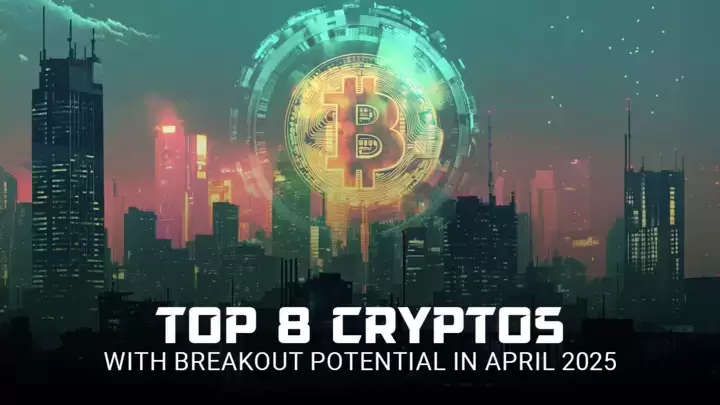Rafael Flaiman spotted a friend wearing a light blue blazer that looked a little too snazzy for the occasion. He needled the guy a bit.

At a backyard barbecue in San Pedro, Argentina, last May, Rafael Flaiman spotted a friend wearing a light blue blazer that looked a little too snazzy for the occasion. He needled the guy a bit.
“What’s with the jacket?” Mr. Flaiman asked.
“La China pays,” the friend replied, with a triumphant smile.
La China? Mr. Flaiman grew up in San Pedro, a struggling riverside town of 70,000, and for 16 years he’s been a reporter at La Opinión, the local newspaper. But he’d never heard of someone named La China — Spanish for the Chinese woman — and had no idea why she’d bought a nifty new blazer for his buddy.
A handful of the 20 people at the barbecue, it turned out, knew all about this mysterious figure and were eager to explain the singular way she’d earned them money.
Every weeknight at about 9 p.m., they said, La China turned up on the Telegram channel of a crypto currency exchange called RainbowEx. There, she texted instructions to buy some type of crypto — invariably an obscure and thinly traded one, known in the industry as a memecoin — at a particular price. The same message said to sell the coin when it reached a certain, higher price, which it always did soon after.
Disclaimer:info@kdj.com
The information provided is not trading advice. kdj.com does not assume any responsibility for any investments made based on the information provided in this article. Cryptocurrencies are highly volatile and it is highly recommended that you invest with caution after thorough research!
If you believe that the content used on this website infringes your copyright, please contact us immediately (info@kdj.com) and we will delete it promptly.





















































































